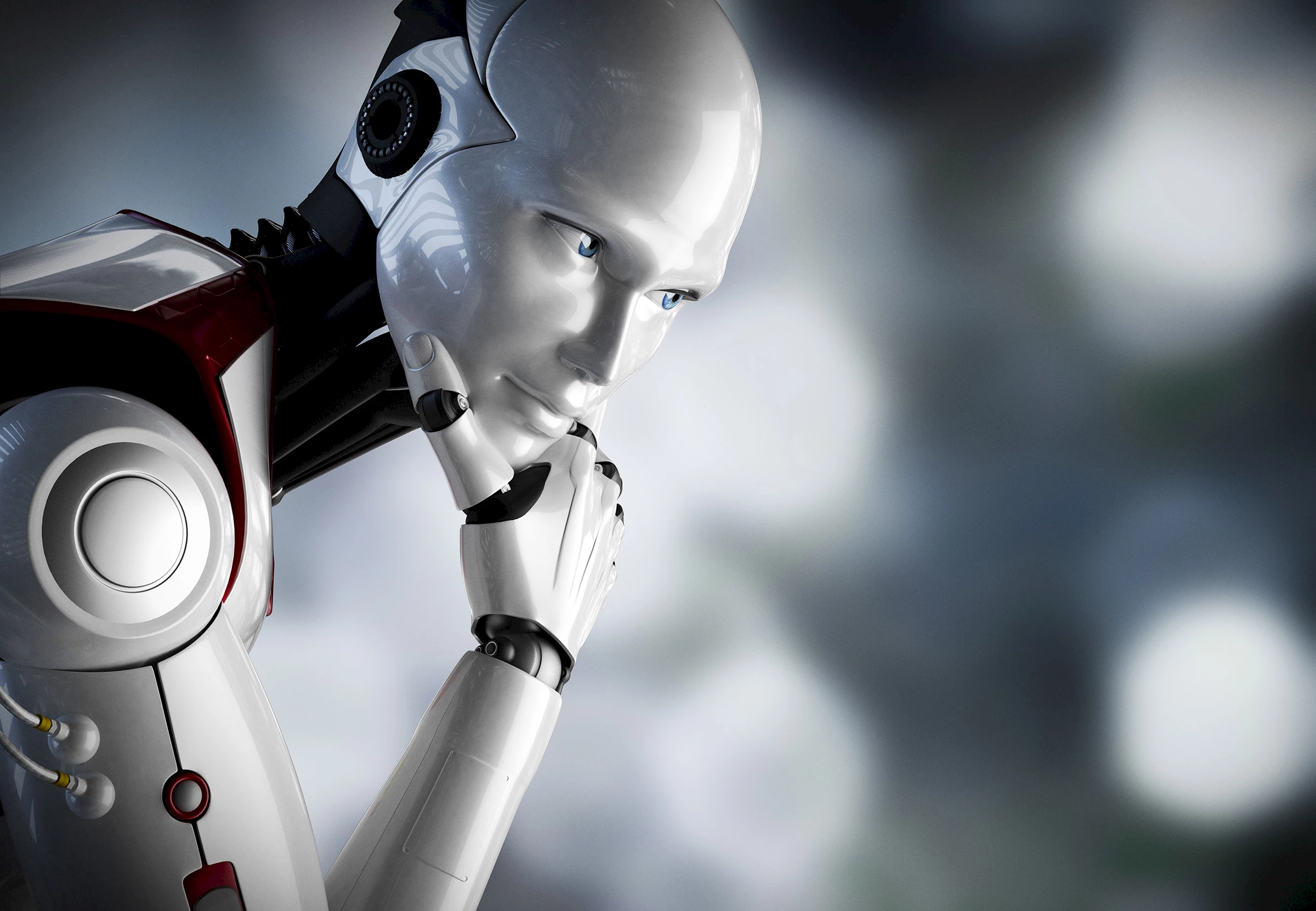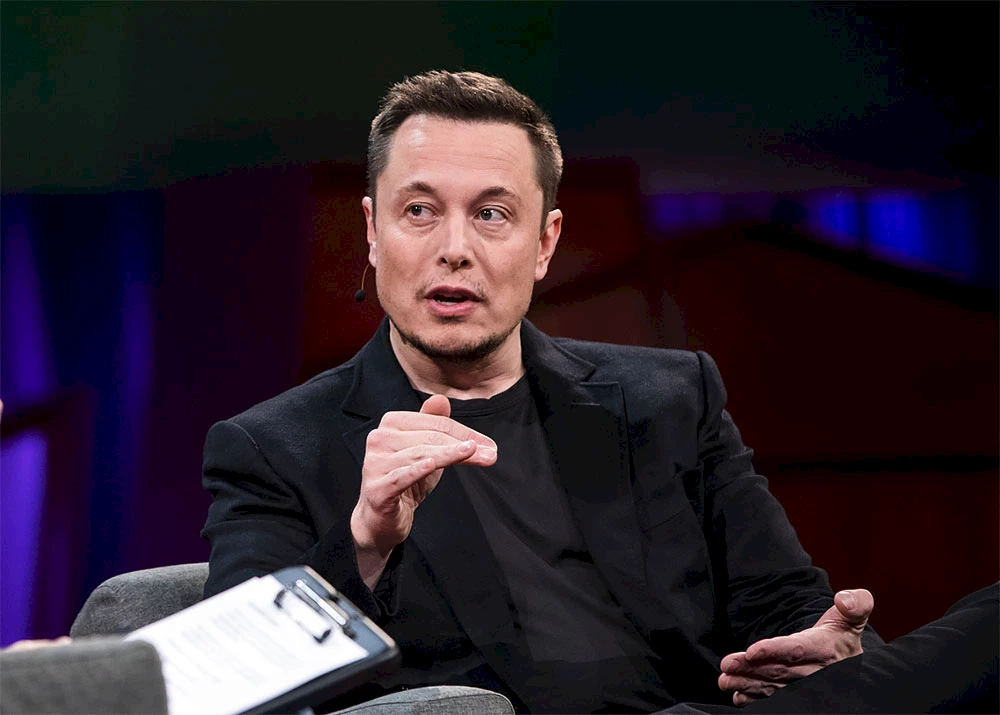Who’s afraid of artificial intelligence?

Musk once again hammered home the message, urging governments to quickly enact legislation to bridle this technology: “AI is the rare case where we need to be proactive in regulation instead of reactive. Because I think by the time we are reactive in AI regulation, it’ll be too late. AI is a fundamental risk to the existence of human civilization.”
Realism or pessimism?
Musk’s message is somewhat surprising, for two reasons. First, he has always stood against government interference in the economy, which he sees as a brake on innovation and entrepreneurship. Second, Musk has been involved in several artificial intelligence projects in the past, most notably the building of the “neural network” by DeepMind, now a division of Google. However, Tesla’s boss says that he merely participated and invested in the projects to keep an eye on developments in the field. “It gave me more visibility into the rate at which things were improving, and I think they’re really improving at an accelerating rate, far faster than people realize”, he said in an interview.
Musk isn’t the only expert to have concerns about the advances of AI. Physicist Stephen Hawking has said that artificial intelligence “could spell the end of the human race.” Bill Gates and Steve Wozniak have also voiced concerns.
On the other hand, several industry titans pooh-pooh what they call “Elon’s crusade”, not least among them Larry Page, co-founder of Google and personal friend of Musk, who believes that AI will improve people’s lives. According to Page, “when human needs are more easily met, people will have more time with their family or to pursue their own interests.” Also on the optimists’ side is investor and activist Peter Thiel, co-founder of PayPal along with Musk, who believes that “Full AI, which refers to the intelligence of a hypothetical machine that simulates the full range of human cognitive abilities, is a long way off”. Finally, Mark Zuckerberg, who developed a valet robot named Jarvis to look after his home, has said, “If we slow down progress in deference to unfounded concerns, we stand in the way of real gains.”

Common applications of AI
Today, artificial intelligence in its broadest sense is already a part of our daily lives, though at a more basic level — artificial consciousness is still the stuff of science fiction. Here are examples of common applications:
— Personal assistants, like Siri, Cortana and Alexa. Assistants are continuously learning more about users, for example their idiosyncratic speech, to better adapt and adjust to them. Next step: anticipating their needs.
— Self-driving cars are probably one of the more noticeable applications which could revolutionize our lives. Next step: hone the algorithms to enable cars to learn from their mistakes, just like humans.
— Chat bots for customer service. They’re enjoying quite a bit of marketing hype, but when all is said and done, they’re witless automatons — they would never pass the Turing test. Next step: master users’ natural language.
— Surveillance cameras, especially in large networks of cameras that all have to be watched. Algorithms already exist to recognize potential “intrusions”. Next step: better interpret human behaviour in all its complexity.
— On-line recommendations, allowing merchants or social networks like Facebook to target advertising depending on users’ on-line shopping patterns, or entertainment services to make music and film suggestions based on their tastes. Next step: respecting consumers’ privacy while refining recommendations further.
What’s next?
Musk’s latest speech, though it was picked up by the media, was intended for a very specific audience of policymakers who have the power to enact regulations and set policy. Following his speech, the Governors peppered Musk with questions and solicited his advice, displaying at the very least an openness to change.
Musk encouraged them to set up a regulatory committee as soon as possible. Since he believes that salvation lies in engagement, the committee’s first task should be to learn as much as it can on the issue. “Once there is awareness, people will be extremely afraid”, Musk said. “As they should be”, he added.
Another potential solution proposed in recent years by Musk would be to adopt an OpenAI model, to avoid AI being controlled by any single company with potentially sinister plans for the technology.
